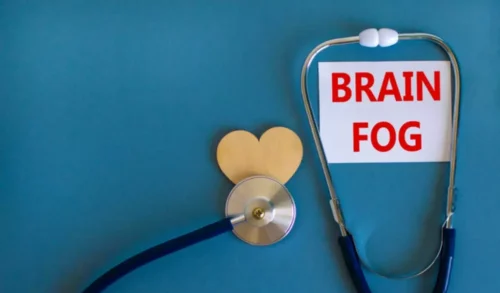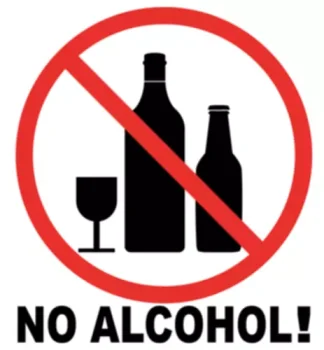
However, they ultimately have control over their substance use. Benzodiazepines and sedatives include drugs used to treat various mental health disorders and physical conditions. To diagnose addiction, your healthcare provider may refer you to a psychiatrist, psychologist https://ecosoberhouse.com/ or drug and alcohol counselor. Your provider will ask you (and possibly your loved ones) questions about your patterns of substance use or problematic behaviors. The DSM-5 doesn’t currently include other behavioral addictions due to a lack of research on them.
Charitable Care & Financial Assistance
A trained provider can help guide you to the treatment you need. A drug addiction or alcohol use disorder can be difficult to identify without understanding the signs of addiction. Substance use disorders can change the way people look, how they act and how they feel, and the symptoms of drug abuse can be physical, behavioral and psychological in nature.
Signs of Drug Abuse/Addiction by Drug
- Addiction is a chronic disease characterized by drug seeking and use that is compulsive, or difficult to control, despite harmful consequences.
- According to the National Council on Alcoholism and Drug Dependence, alcohol abuse can cause blackouts and memory loss.
- It is a common feature of addiction, but not the totality of the more complex disorder.
- They may display dilated pupils, increased energy, and a fast breathing rate.
Because the brain uses a disproportionate amount of energy to power its many high-level functions, thiamine deficiency can lead to damage to the mitochondria of nerve cells. These signs, similar to those of intoxication, exist in the absence of drinking. Those who are high also display perceptual disturbances, problems with attention, disrupted thinking patterns and easy signs of drug use confusion, as well as difficulties relating to others. Some drugs, like alcohol, marijuana, crack, or meth, have distinct smells that individuals may try to cover up. You may notice those smells on their clothes, in their car or bedroom, or on their breath or skin. This class of drugs includes, among others, heroin, morphine, codeine, methadone, fentanyl and oxycodone.

Preventing prescription drug abuse in teens

Drug use can push people to borrow or steal money or other valuable items, and to neglect ongoing financial obligations. Irritability and mood swings, problems recalling information, and shifts in sleep-wake patterns are other common accompaniments of substance use. Also among the warning signs is a tendency for those experiencing problems to deny or get highly defensive about observed changes in behavior. Your involvement with drugs begins to have negative consequences. It interferes with your functioning—you start missing obligations and events. You make excuses for yourself—to yourself and to others, about why you need the substance, about not showing up, about making mistakes at work, about how tomorrow will be different.
What is the treatment for substance use disorder?
- To date, the "Diagnostic and Statistical Manual of Mental Disorders" (DSM-5) includes gambling disorder in its section on substance use disorders.
- Substances send massive surges of dopamine through your brain, too.
- A person can become dependent on a drug without being addicted, although the two often occur together.
- Consider seeing a mental health professional if you’re having issues managing your stress.
- Some drugs, like alcohol, marijuana, crack, or meth, have distinct smells that individuals may try to cover up.
- This can create an unhealthy drive to seek more pleasure from the substance and less from more healthy experiences.
Health Topics


